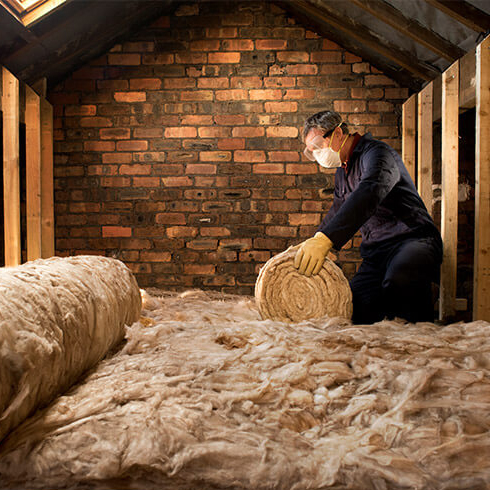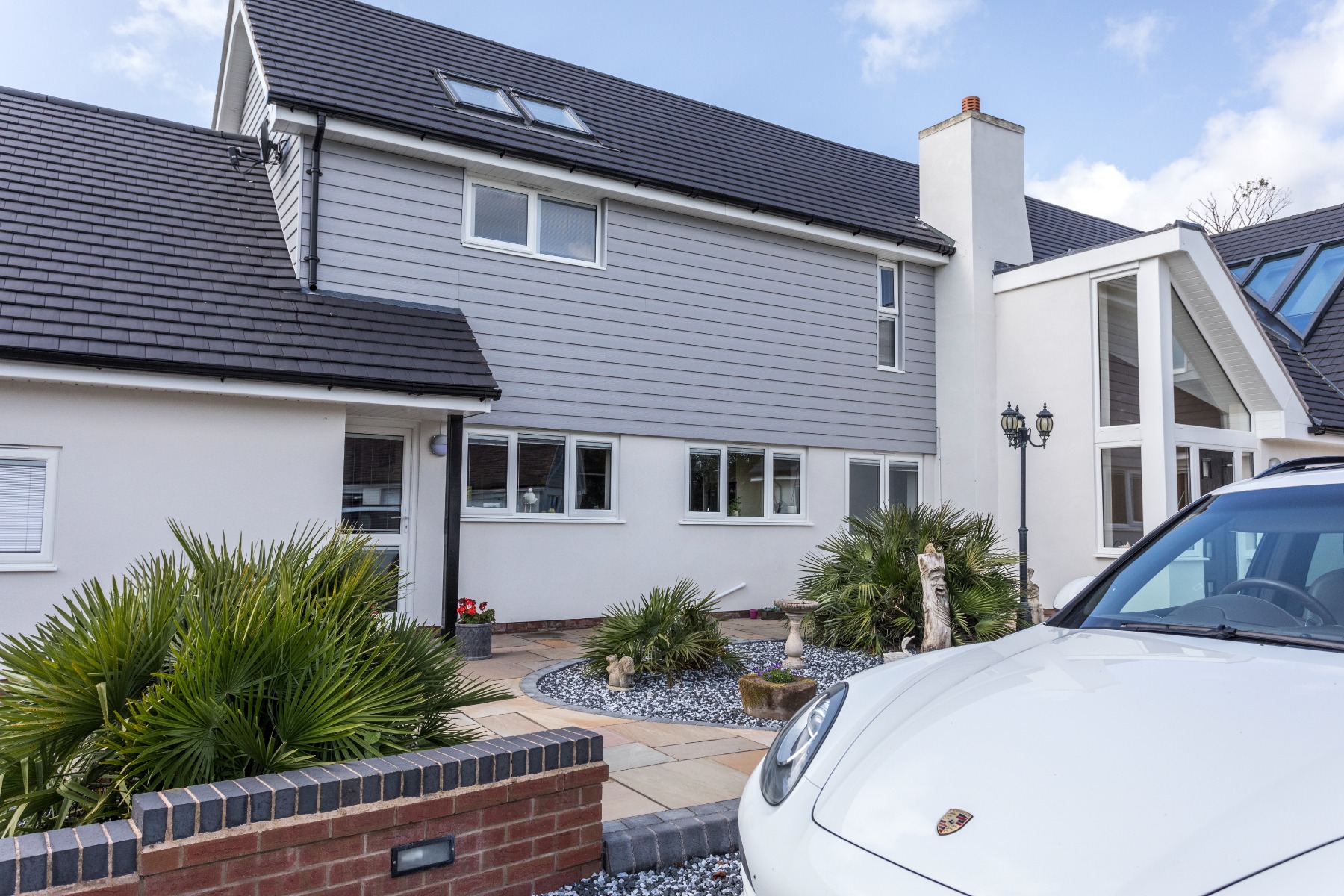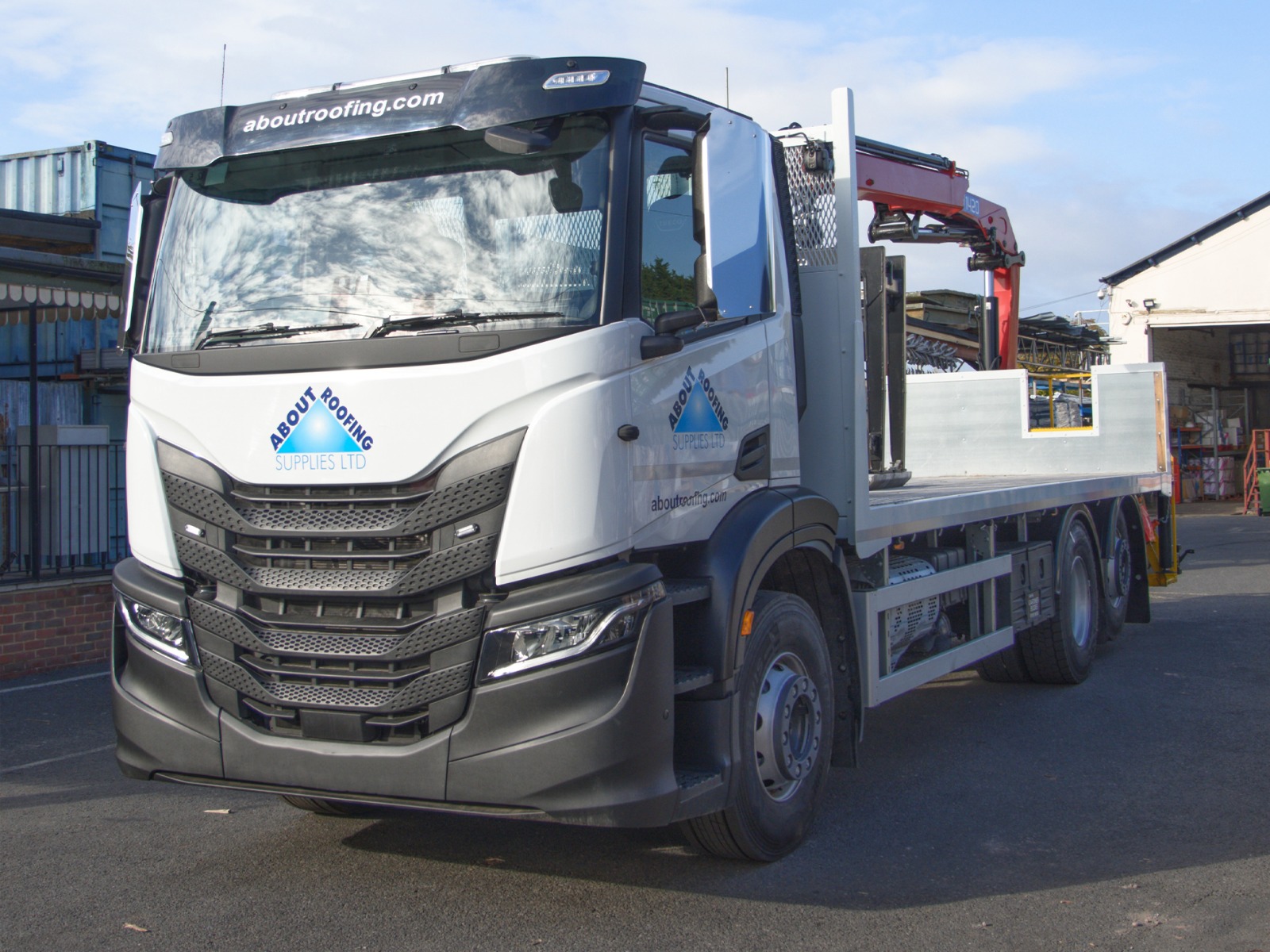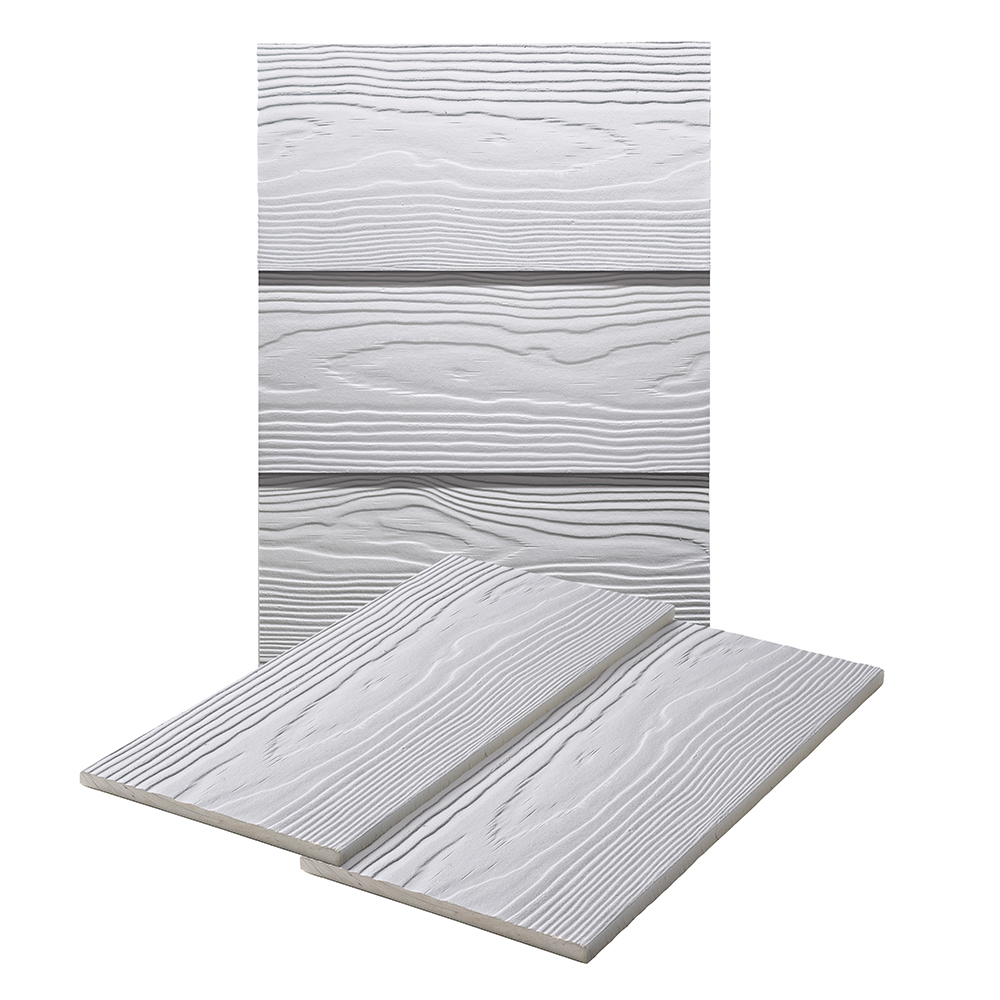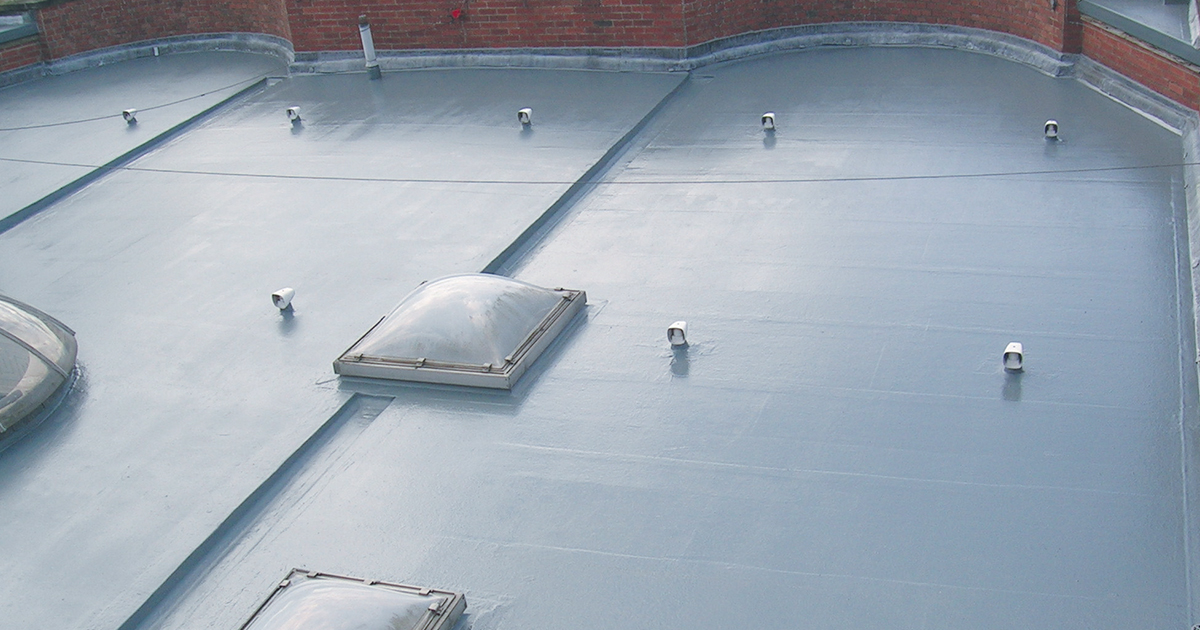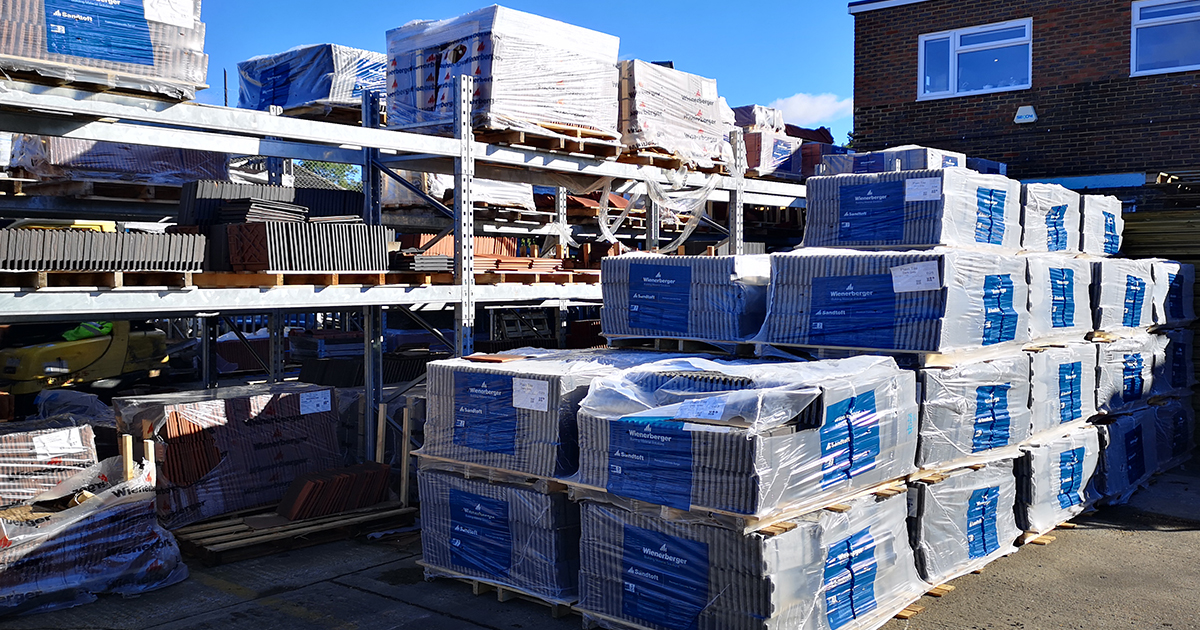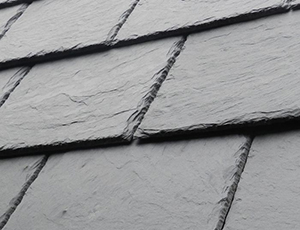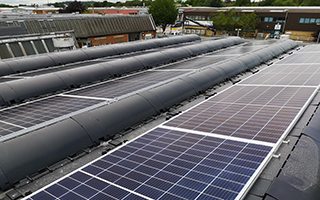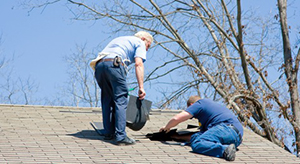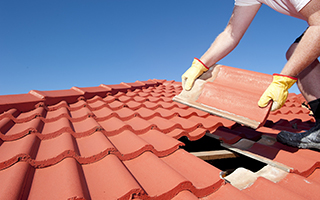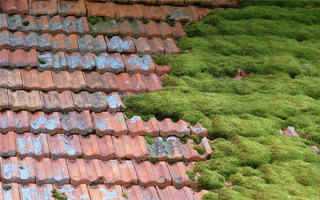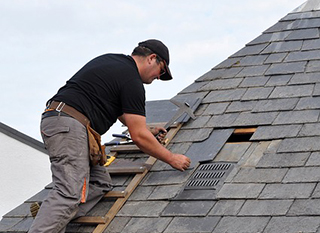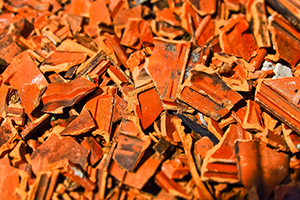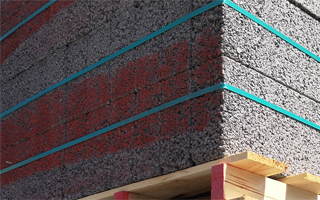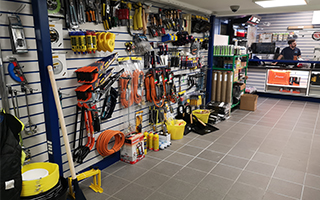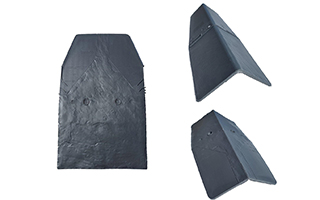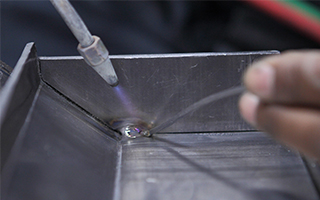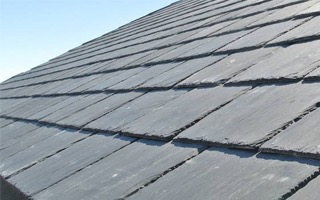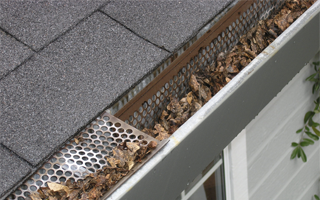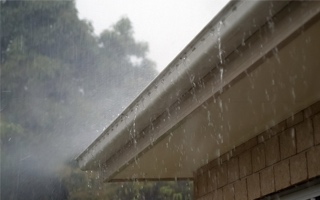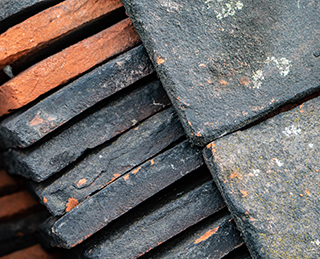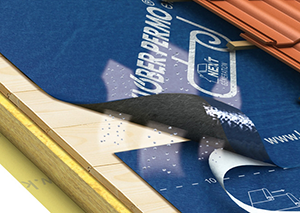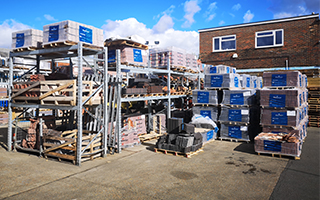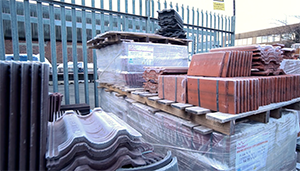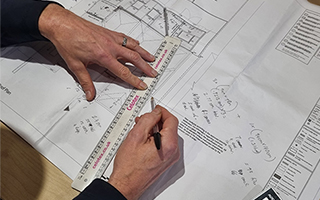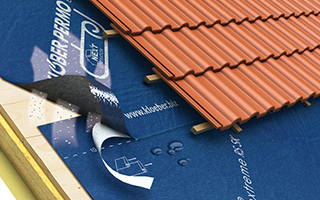How To Choose The Right Roofing Materials For Your Home
There is a wide range of options available to the property owner looking to choose roofing materials for their property.
Various factors need to be taken into account when selecting which roofing products to use, in particular the intended look of the finished roof, the available budget, the roof pitch and planning authority restrictions.
Broadly, roofs can be split into two types: Pitched roofs and flat roofs.
A roof at a pitch of between 0 degrees and 10 degrees is considered a flat roof, while a roof between 10 degrees and 75 degrees is considered to be a pitched roof.
Pitched roofs
Pitched roof coverings fall into two broad types: clay and concrete.
Clay Roof tiles
Clay roof tiles are currently the most popular choice of roof tile in the UK. They look superb when first laid, look better over time as they weather and gain character, and last for a long time: 100+ years is common – we have seen perfectly serviceable clay tiles that are estimated to be at least 200 years old!
It is worth noting that except on the most budget conscious projects, such as Housing Association and Local Authority projects, the major housebuilders and small developers purchase clay roof tiles in preference to concrete roof tiles, despite their small cost premium over concrete roof tiles.
This is because not only do they look better and last longer than concrete roof tiles, but they are appreciated for these qualities by property buyers and are seen as a desirable feature that adds value to a property in much the same way that a new kitchen does.
Clay tiles add ‘kerb appeal’ to a property and give an impression of quality, longevity and character to any property – particularly over time as the effects of weather give each clay roof roof a unique character.
Clay roof tiles also offer peace of mind to a house owner as they will almost certainly last longer than the property – and certainly longer than the owner!
You can order free samples for delivery through our website.
Clay roof tiles fall into three main types:
Plain Clay Roof Tiles:
Plain tiles are still manufactured to Henry VIII’s specification (really!) of 10” long x 6” wide – or 265mm x 165mm in modern terms.
There are three broad types:
Hand made clay plain tiles are, as the name suggests, manufactured by hand, using a blend of traditional and modern techniques to ensure a unique variable look whilst conforming to all the latest standards.
The two leading brands, Tudor Roof Tiles & Keymer Roof Tiles, have reputations for producing the finest roof tiles, and are often used on heritage and listed buildings. As you would expect this level of quality and manual finishing attracts a price premium.
Handcrafted clay plain tiles are manufactured on an automated production line, and then have an element of hand finishing to produce a finished roof tile that closely resemble a Handmade plain tile.
Hand crafted tiles are very popular as they offer the looks of a handmade tile at a significant cost saving.
It is worth being aware that there is no legal definition to what constitutes a ‘handcrafted’ tile and the finish and level of hand finishing and variation varies greatly between different brands and we always strongly encourage customers to compare different makes of handcrafted tiles as the differences can be substantial.
Machine made plain tiles are the biggest selling type of clay plain tiles as they offer a contemporary look at a very economical price, with a typical roof laid in clay machine made tiles costing only a few percent more than the equivalent tiles in concrete – to many people, housebuilders and developers choosing machine made clay tiles over concrete plain tiles is a ‘no brainer’!
Machine made clay plain roof tiles tiles are particularly suitable for modern and ‘new build’ properties as they offer contemporary looks and are available in a large range of colour options.
There are various kinds of interlocking clay plain tiles, with the most popular types by far being the ‘low pitch interlocking clay tiles’ such as the Sandtoft 20/20 and the Imerys HP10 & HP17 roof tiles.
When laid, these tiles closely resemble clay machine made plain tiles, however unlike clay plain tiles, whether Handmade, Handcrafted or Machine Made, interlocking clay roof tiles can be laid on low roof pitches down to 15 degrees, such as extensions.
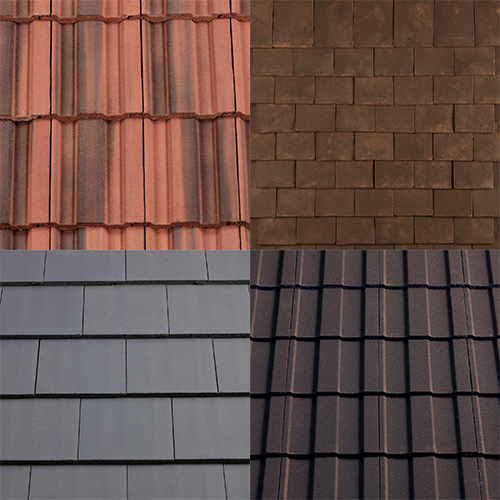
Concrete Roof Tiles
Concrete roof tiles are the preferred choice of the cost-conscious buyer.
Although they have been eclipsed in popularity in recent years in favour of clay roof tiles, concrete roof tiles remain very popular, particularly where the look of the property is of less importance such as in urban environments, or where cost is critical.
Concrete roof tiles tiles degrade as they weather, and will not age as gracefully as clay tiles. Typically, they have a shorter lifespan than clay roof tiles of around 60 – 70 years – however this is still a long time!
Concrete roof tiles fall into three main types:
Concrete plain roof tiles are still the best-selling type of roof tiles overall in the UK. Available in a wide choice of colours they are economical to purchase, quick and easy to lay and manufactured by UK leading suppliers: Sandtoft, Marley and Redland.
Concrete Interlocking Roof Tiles
Commonly known as ‘metric tiles’, this broad group covers such popular designs as the Double Roman (such as the Sandtoft Double Roman and the Redland Double Roman), the 49, also known as the ’15 x 9’ (such as the Marley Ludlow Plus, Redland 49 and the Sandtoft Standard Pattern), Double Pantiles (such as the Redland Grovebury and Sandtoft Double Pantile), Castellated tiles (such as the Sandtoft Lindum and Redland Renown) and flat interlocking tiles (such as Sandtoft Calderdales, Redland Mini Stonewolds and Marley Moderns).
There are also older designs that are still available such as the original Redland Stonewold and Redland Delta.
These tiles are economical to purchase, quick and easy to lay (typically using only 10 tiles per square metre), and many can be used at low roof pitches – with some able to be used at pitches as low as 12.5 degrees.
Flat Roofs
Flat roofing materials fall into three main types: Roofing Felt, GRP and EPDM
Roofing felt is available in two broad types: The first type is known as ‘Tack down’, often called ‘Pour And Roll’, which as the name implies is nailed onto the roof. The second type is ‘Torch On Felt’ which is heated with a blow torch so that it bonds to the roof, with successive layers being bonded onto the layers below creating a single, thick layer of felt.
Traditional bituminous roofing felt is nailed onto the flat roof, usually in two layers. Easy and quick to lay, this type of roofing felt remains enduringly popular, and is easily laid by those with little experience of construction methods.
Torch on roofing felt is popular with both contractors and property owners as it offers a long lasting roof covering, that to an experienced and skilled contractor, can be laid quickly.
This versatile product is available in different grades, at different price points, offering varying guarantees as to the lifespan of the felt. As you would expect, the longer lasting felts are the most expensive, however even a budget torch on felt should last for at least 15 years, with a premium quality felt lasting around 30 years.
These felts are laid typically in a three layer system, with each layer heated using a blow torch so that it fuses with the layer below, sealing joints and creating a thick, durable roof covering.
About Roofing Supplies stock and supply a range of flat roofing felts; from our own branded felt to Chesterfelt.
We stock Cure It GRP roofing system, also known as ‘fibreglass roofing’. This popular system is laid in two layers and gives a seamless, long lasting roof that has a modern contemporary look.
GRP roofing is easy to lay, even by those with little skill in DIY, although it is imperative that the manufacturer’s installation instructions are followed to the letter.
In recent years GRP roofing has attracted an undeserved reputation for failing (eg leaking), however in our experience issues with GRP roofs are solely caused by poor installation and workmanship rather than issues with the product.
Laid correctly, GRP roofing has a long service life of at least 40 years – although roofs of 50+ years have been reported. With it’s contemporary looks, seamless finish, and durability GRP is an extremely popular choice of flat roof covering.
GRP roofing needs to be laid in dry conditions, above 0 degrees c, using a number of components such as pre-formed edge trims for ease of installation.
EPDM
Also known as ‘rubber roofing’. This is a specialist roof covering, usually applied by specially trained contractors on commercial and industrial roofs.
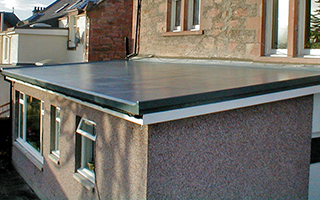
Where is the best place to source roofing materials such as these?
Specialist roofing suppliers such as About Roofing Supplies is the answer!
You would think that the large chains of builders merchants would be the place to go, but in fact these businesses specialise in other building materials and rarely keep, or even have direct access to roofing materials – they will usually source them via a specialist supplier such as us.
The reason for this is that the estimation of roofing materials is remarkably technical, and that you need specially equipped lorries to deliver them.
Roofing materials suppliers know their products and pricing inside out. Traditionally our staff are paid a flat wage so they have no incentive to sell you any particular brand or type of tile. This means that the advice, guidance and pricing that you receive will be impartial, and will simply be tailored to your requirements and will be the best advice under the circumstances.
A specialist supplier will also have an understanding of legislation & the Building Regulations applicable to the roofing sector so they will be in a position to give you technically correct advice.
Whatever your requirements are, please feel free to call or email us – our friendly sales teams are here to help!
We are able to offer prices tailored to your exact requirements & project: Please call us on 01737 763008 or email us here for a free quotation.
Where can I find roofing materials near me?
You can view and order roofing materials in any of our branches listed below or we can deliver nationwide:
